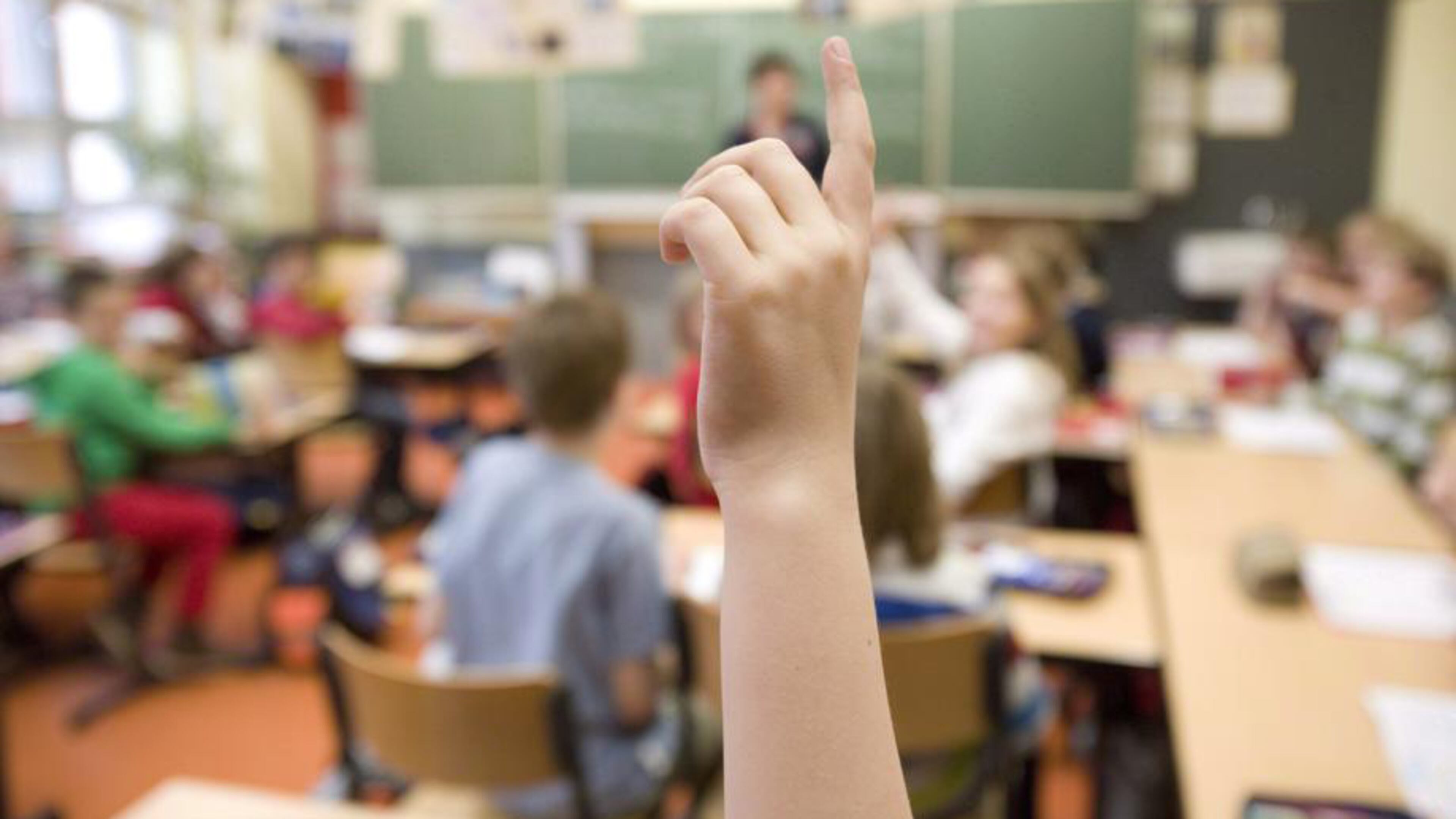Poll says Southerners willing to spend more on education

A new poll by a consortium of Southern education think tanks finds vast support for increased spending on public education, even if that means cutting other parts of state budgets.
The Education Poll of the South in a dozen states by seven nonprofit, nonpartisan groups, including Georgia, found that 84 percent of 2,200 respondents said their states should adjust “differences” in school funding to bring more equity between rich and poor communities.
Among the other findings: 57 percent of those polled were willing to see their taxes rise to pay for education, said Alan Richard, a consultant who coordinated the poll for the nonprofits, known collectively as the Columbia Group.
Steve Dolinger, president of the Georgia Partnership for Excellence in Education, one of the participating nonprofits, said the results “show what citizens in the southern region think about actions needed to improve K-12 education for every child.”
Dolinger said his organization isn’t advocating a tax increase but the question was included “to see how far citizens are willing to go to provide adequate and equitable funding for K-12 education.”
Kelly McCutchen, a senior fellow with another local think tank, was dubious about the durability of a finding of public support for more spending on education, let alone a tax increase for it.
"Most people do support spending more until they find out how much we're already spending," said McCutchen, who writes for the Georgia Public Policy Foundation, which leans conservative.
Georgia spends on average more than $9,000 per pupil in local, state and federal money, according to the Georgia Department of Education. But Ben Scafidi, who teaches economics at Kennesaw State University, said that doesn’t count big categories like financing for capital expenditures. The total per pupil rises above $11,000 when everything is included, he said.
Per pupil spending in 2015 in Georgia ranked 38th among the states and the District of Columbia, according to the U.S. Census Bureau.
The poll was conducted by Public Opinion Strategies of Alexandria, Virginia. Robert Blizzard, a partner, said most of his clients are Republican candidates. He said he was most surprised by the "significant agreement" across the South that a lack of consistent educational quality is a problem and something must be done. "The South is speaking with a collective voice that there is inequity in the schools," he said.
Blizzard said Republicans who were polled were lukewarm on a tax increase, with women, Democrats and African Americans forming the bulk of support, but he said 71 percent supported cuts elsewhere to buttress education. All were registered voters.
“While nearly every respondent believes there needs to be more spending, the jury’s out on a tax increase,” he said. He said the Georgia results generally tracked those of the region but were less reliable since only 200 were in this state.
Georgia won't be updating its state education funding formula anytime soon. Gov. Nathan Deal campaigned on re-writing the 1985 Quality Basic Education Act and empanelled a commission to study it, but didn't implement their recommendations. Some criticized Deal for not committing to spending more money annually on education. Instead, he wanted a formula that would not strain the state budget.
That, said Dana Rickman, the lead policy researcher with the Georgia Partnership, is the fundamental problem with the current formula. It works fairly well for dividing money between the state’s 180 school districts, she said, but Georgia isn’t putting enough money into it.
“We equitably underfund everybody,” she said.



